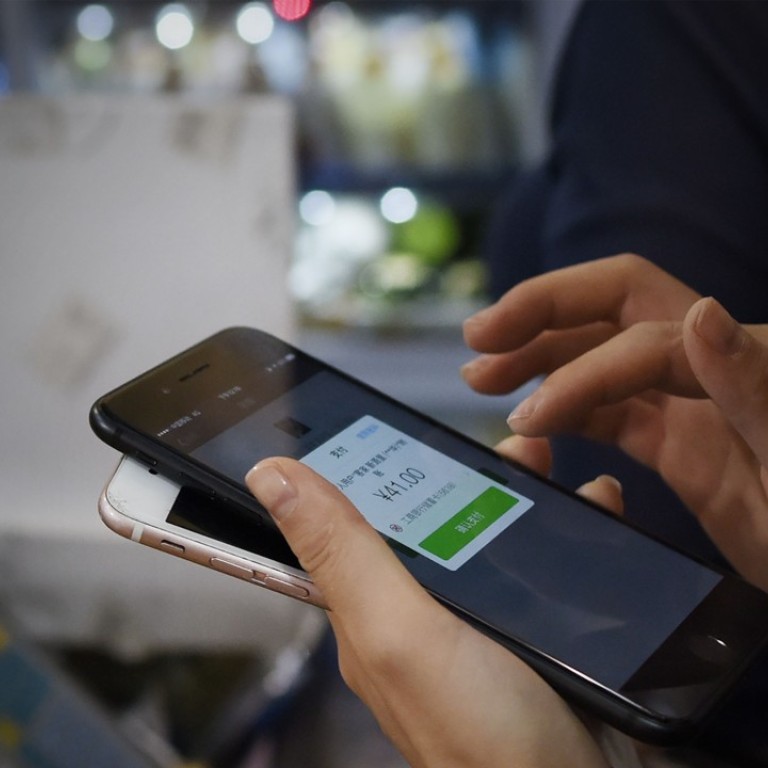
Nine in 10 Chinese consumers are ready to share data for better services, according to KPMG poll
- Millennials are more likely to share data than the baby boomer generation
- Chinese consumers are also more anxious about credit card and identity theft
Nine out of 10 consumers in mainland China are willing to share personal data in return for a better experience and personalised services, according to a survey conducted by global professional services company KPMG.
The number was much higher than the global average of 76 per cent. The company surveyed 25,000 consumers online and conducted interviews in the United Kingdom, the United States, Brazil, the United Arab Emirates, France, Canada, China and India. Only 6 per cent of respondents in the UK said they were willing to share their data, according to the survey. Globally, on average, 24 per cent said they would not share their data.
China’s young consumers don’t just want to shop online – they want to be entertained while doing it
“Chinese consumers enjoy a much greater experience on digital platforms, and they understand the benefits of utilising apps and what comes back [to them] when they share their data,” said Willy Kruh, Global Chair, Consumer and Retail, at KPMG.
Among the respondents from China, 37 per cent said they would share personal data for better customer experience and personalisation, 24 per cent for better products and service, 18 per cent for better security and 7 per cent for better value and prices. Another 4 per cent said they would share their data for money, while 10 per cent said they would not share their data at all.
Millennials were more likely to share data (21 per cent) than the baby boomer generation (5 per cent). “I don’t mind providing personal information, as there are often some special discounts during my birthday month. I also like it when brands alert me about new product launches,” said Tiffany Liang, 26, a media professional from Guangzhou.
About 40 per cent of Chinese respondents also said they thought chat bots were “cool”, ahead of a global average of 24 per cent. But they were also more anxious about cybercrime, according to KPMG. About 53 per cent were anxious about credit card theft and 62 per cent about identity theft, higher than the global averages of 46 per cent and 51 per cent, respectively.
These concerns were higher among younger respondents, with millennials consistently the most anxious.

The top industries that enjoy the highest level of trust among Chinese consumers are technology companies (77 per cent), power and utility firms (76 per cent), banking (74 per cent) and the government (72 per cent).
“Consumers are more likely to trust companies that are directly relevant to the service they are providing,” said Kruh. “For example, when it comes to the handling of social media data, 45 per cent of consumers trusted technology companies the most. This may be because they believe their [technology companies’] technological breakthroughs can help protect their data.”

